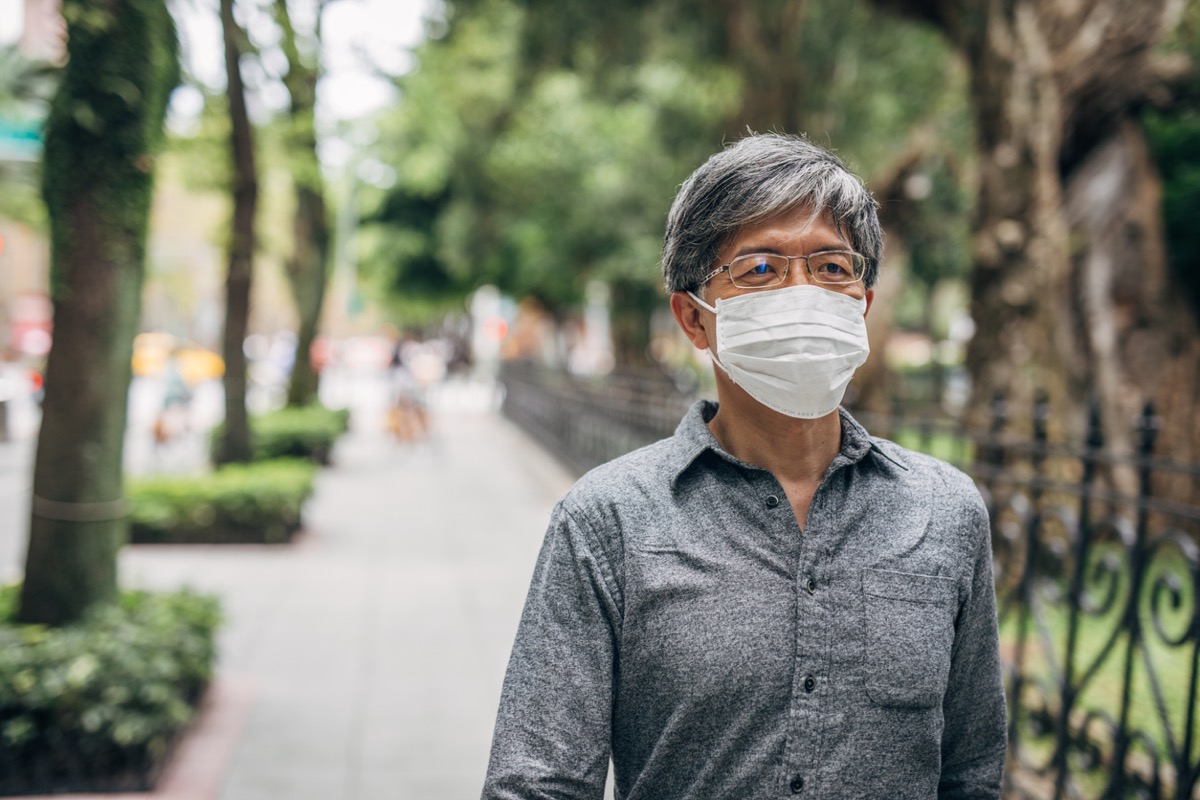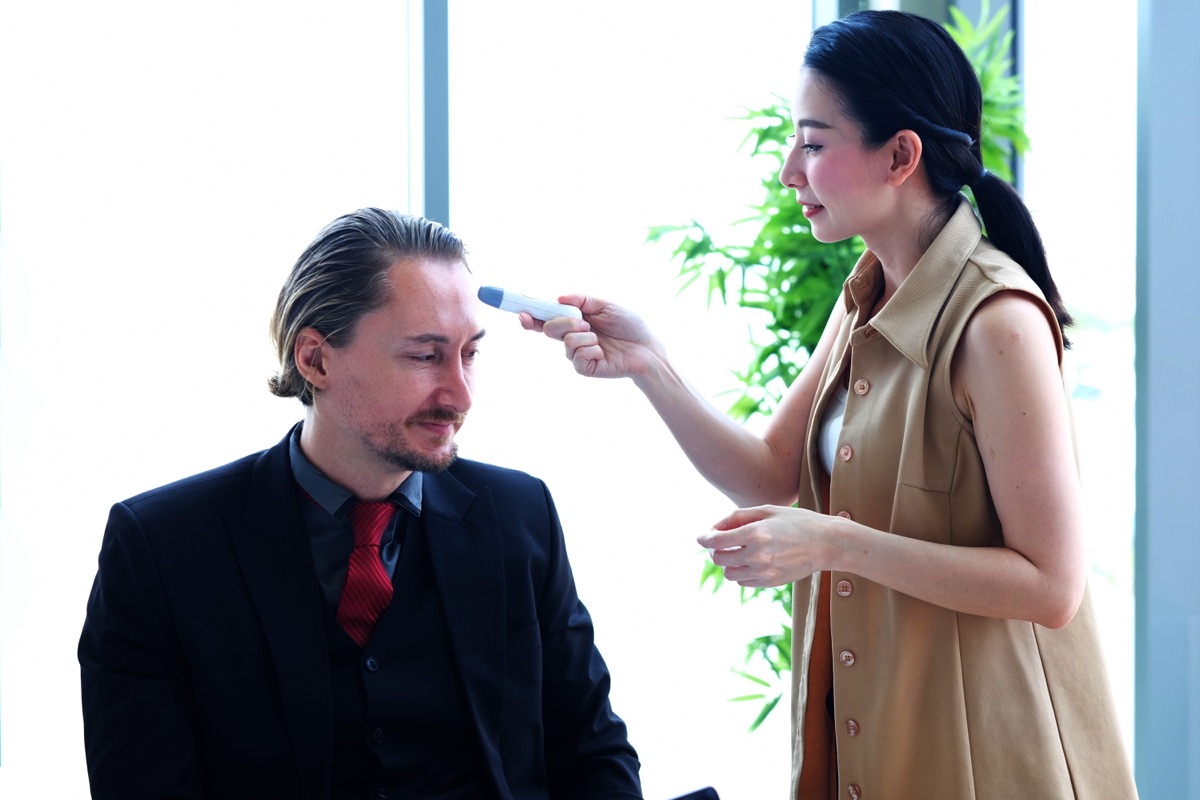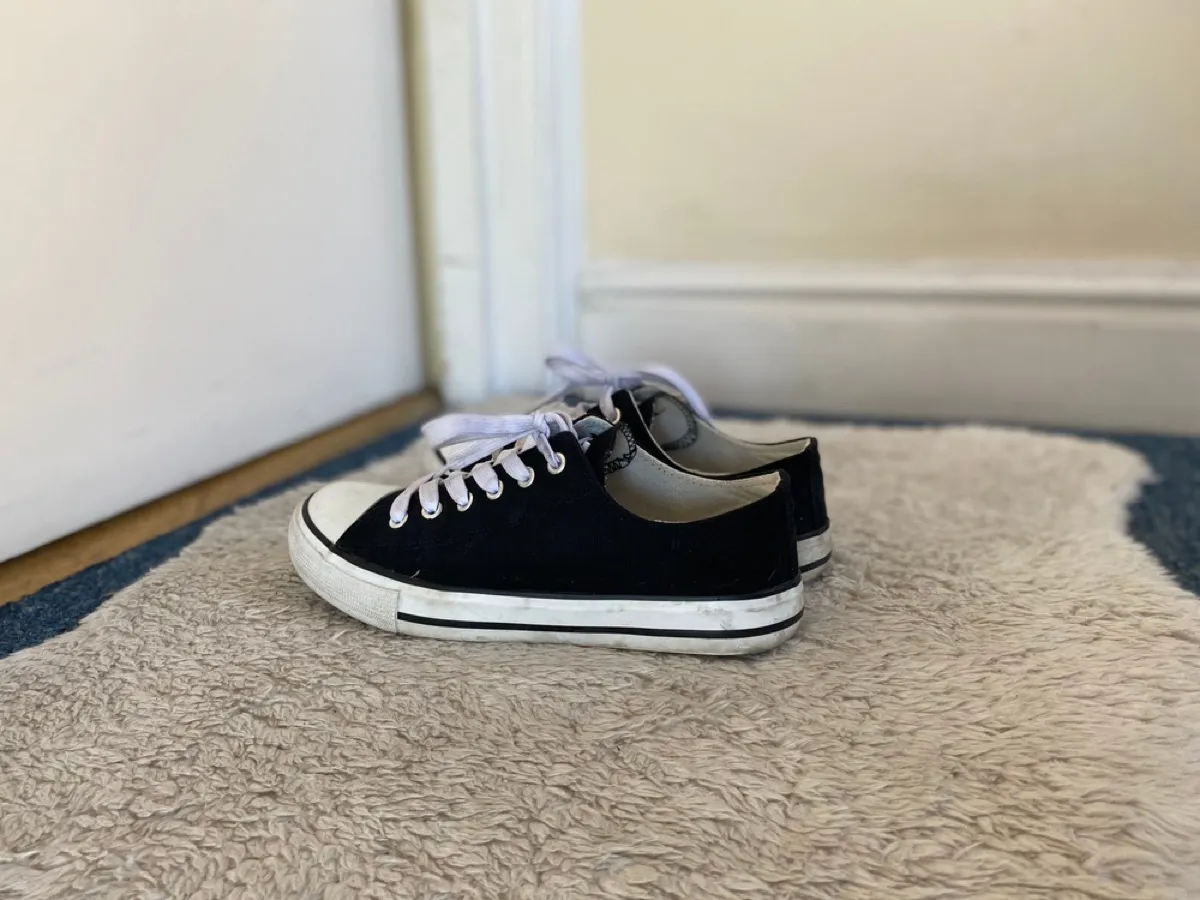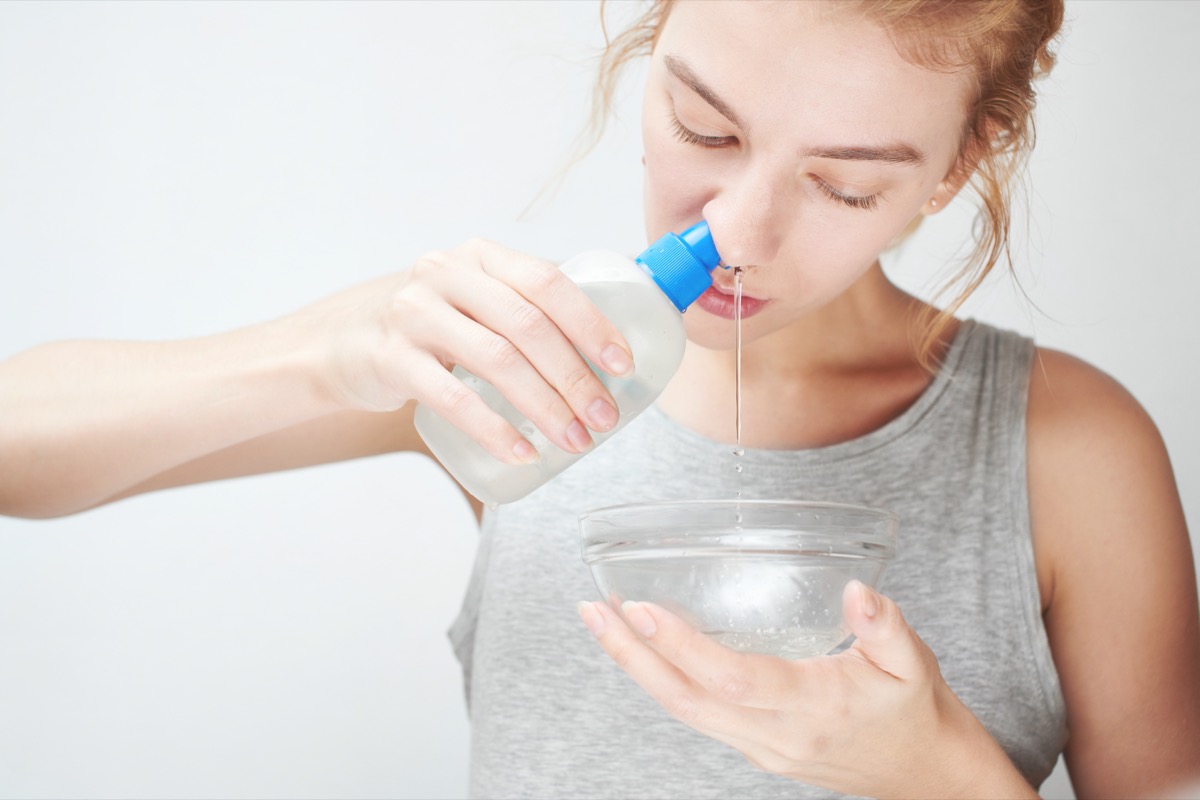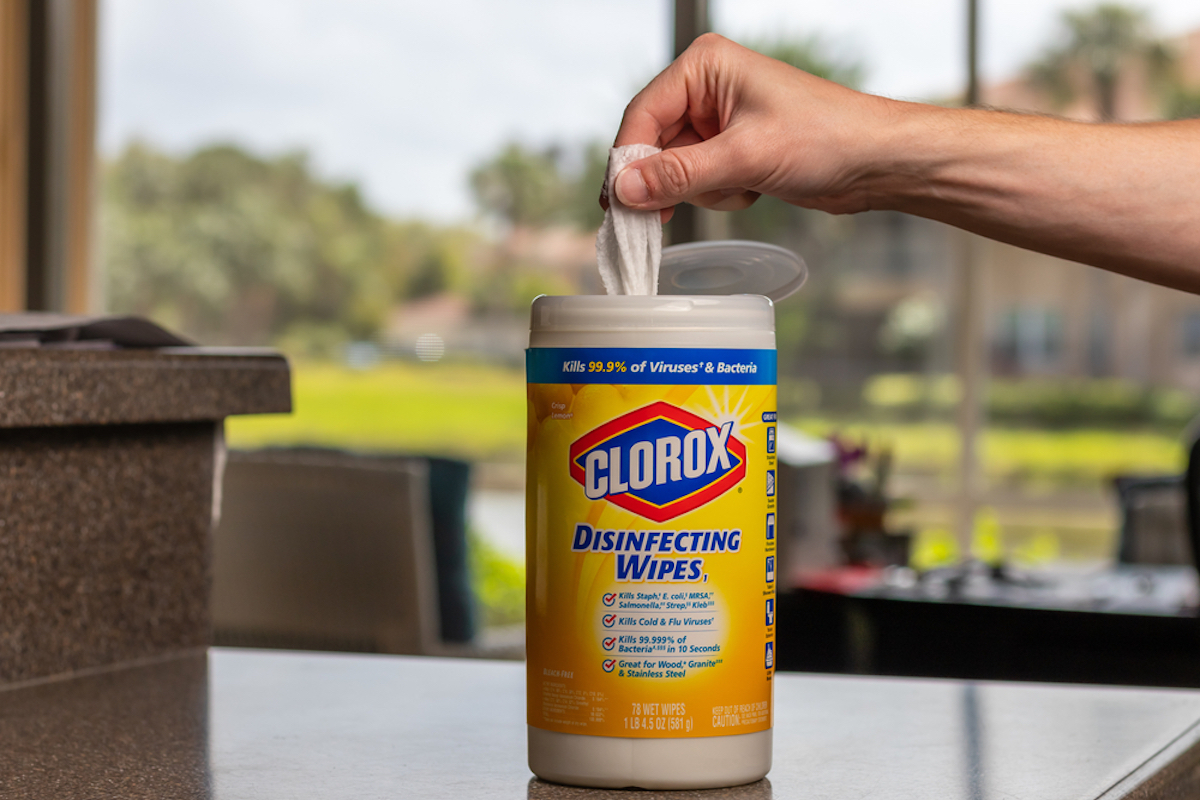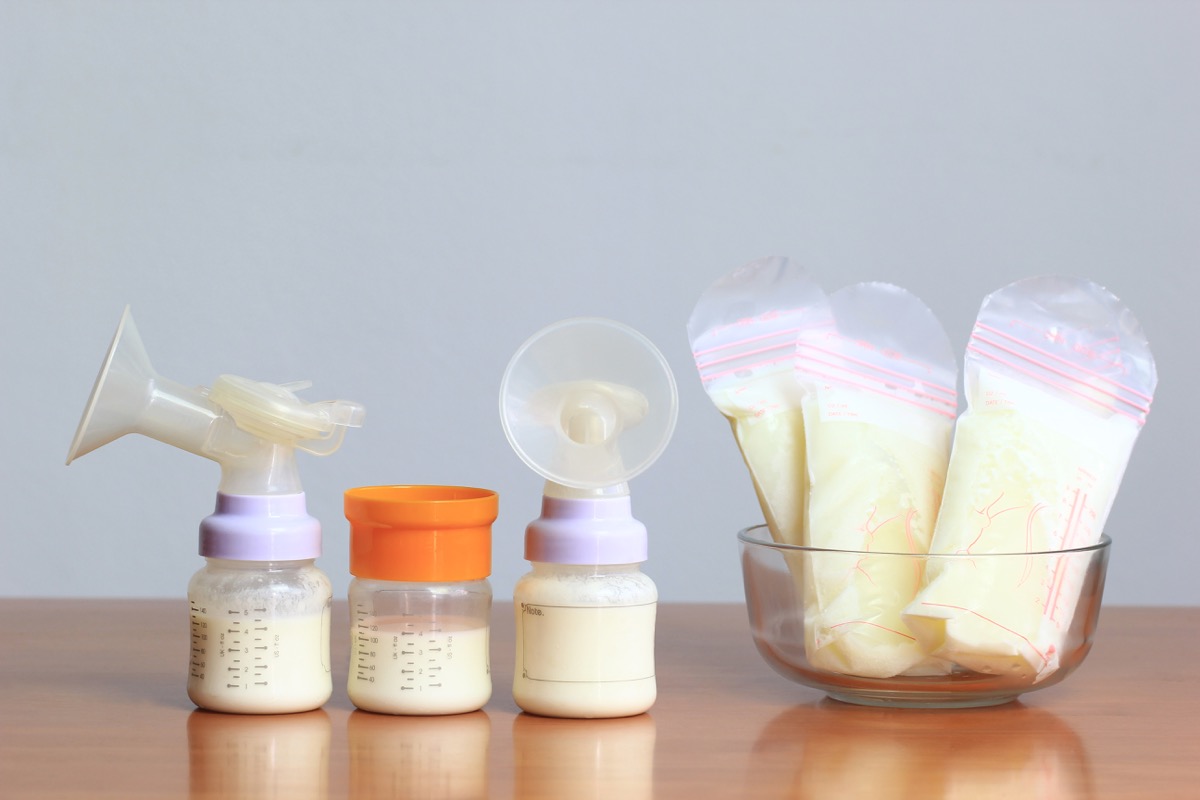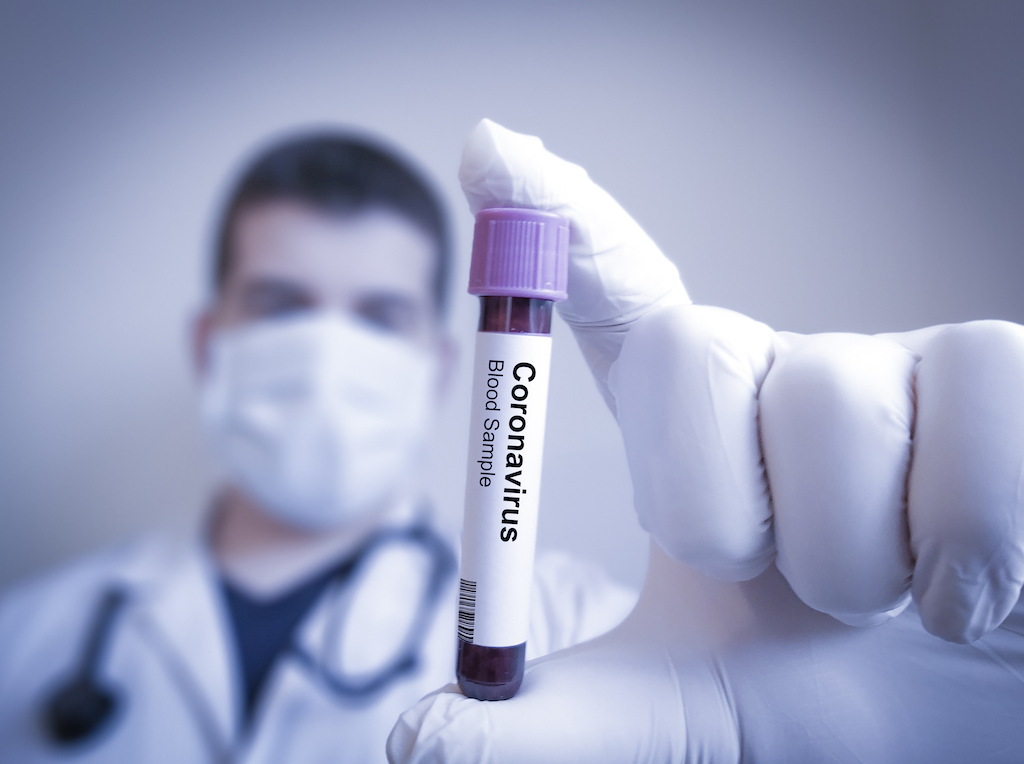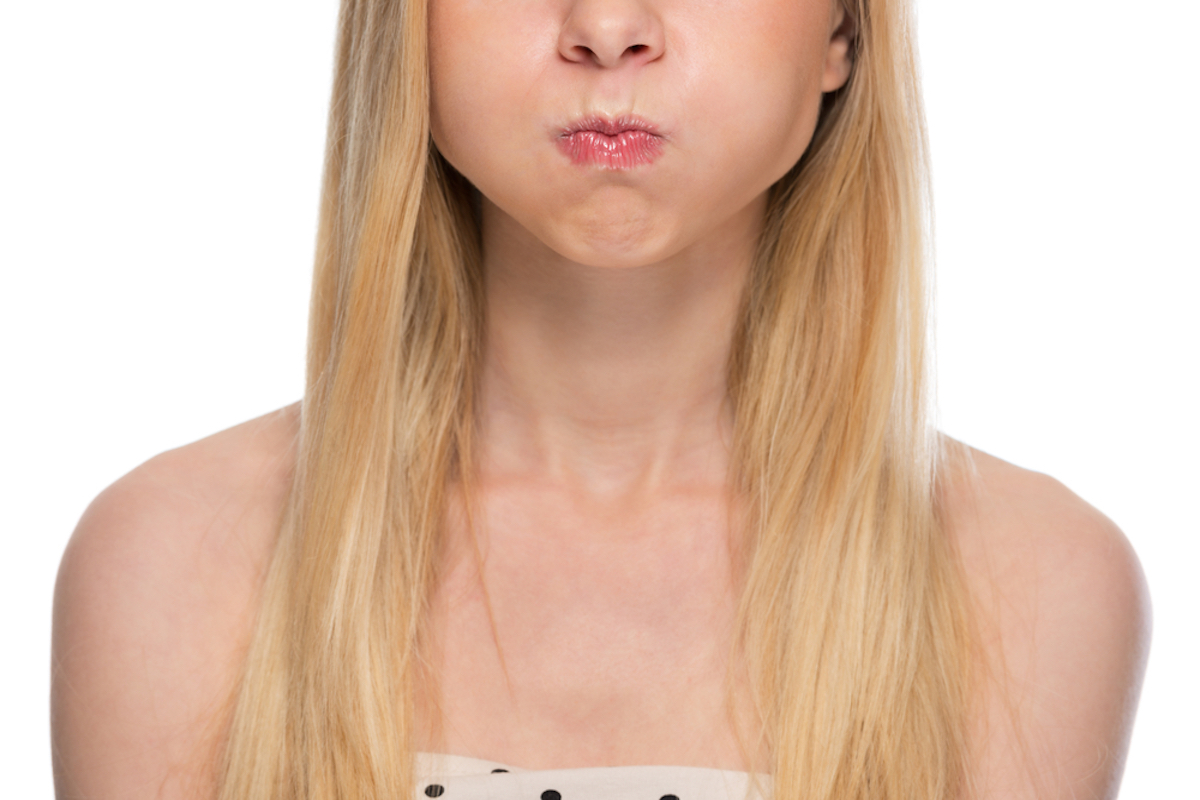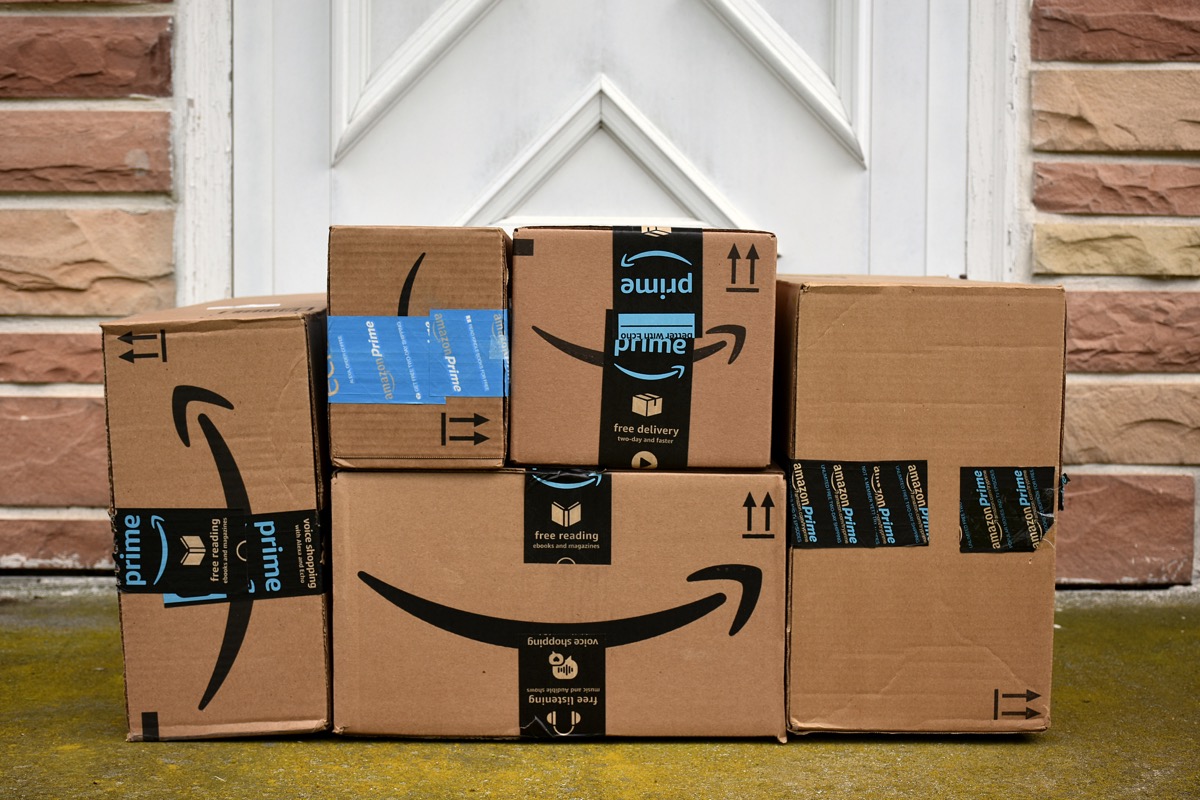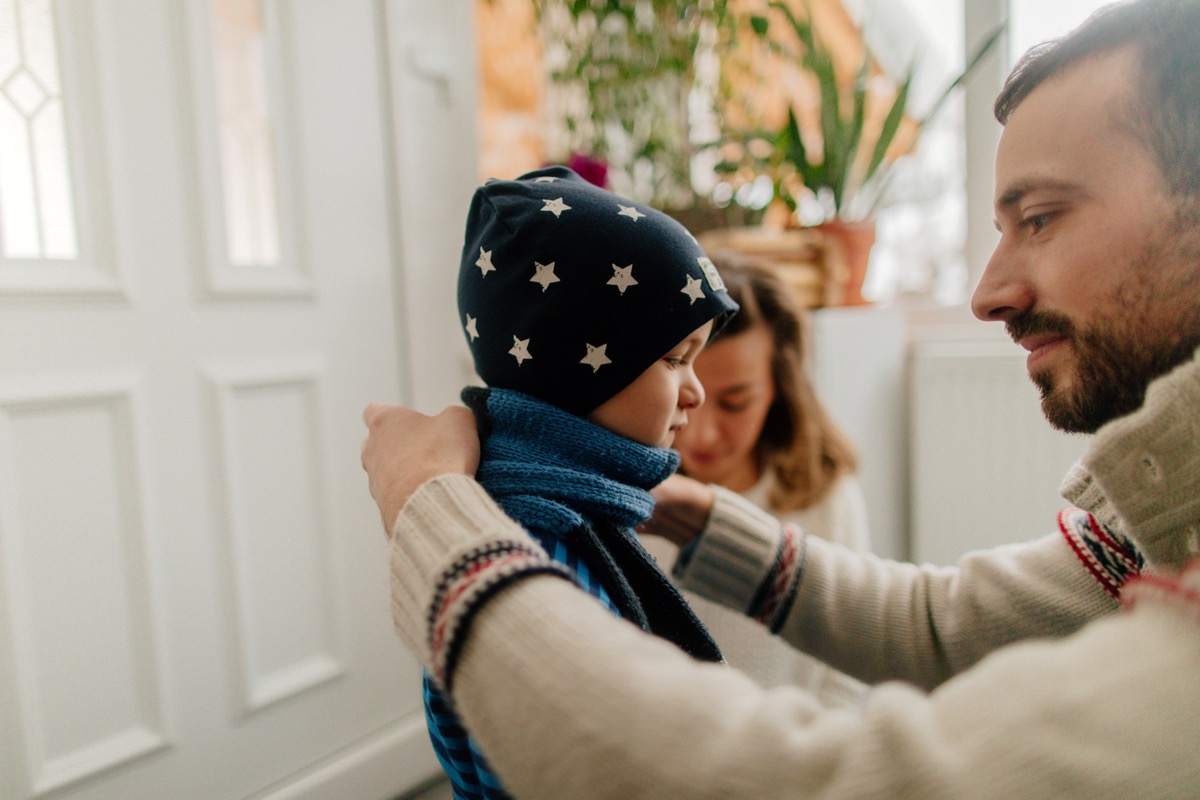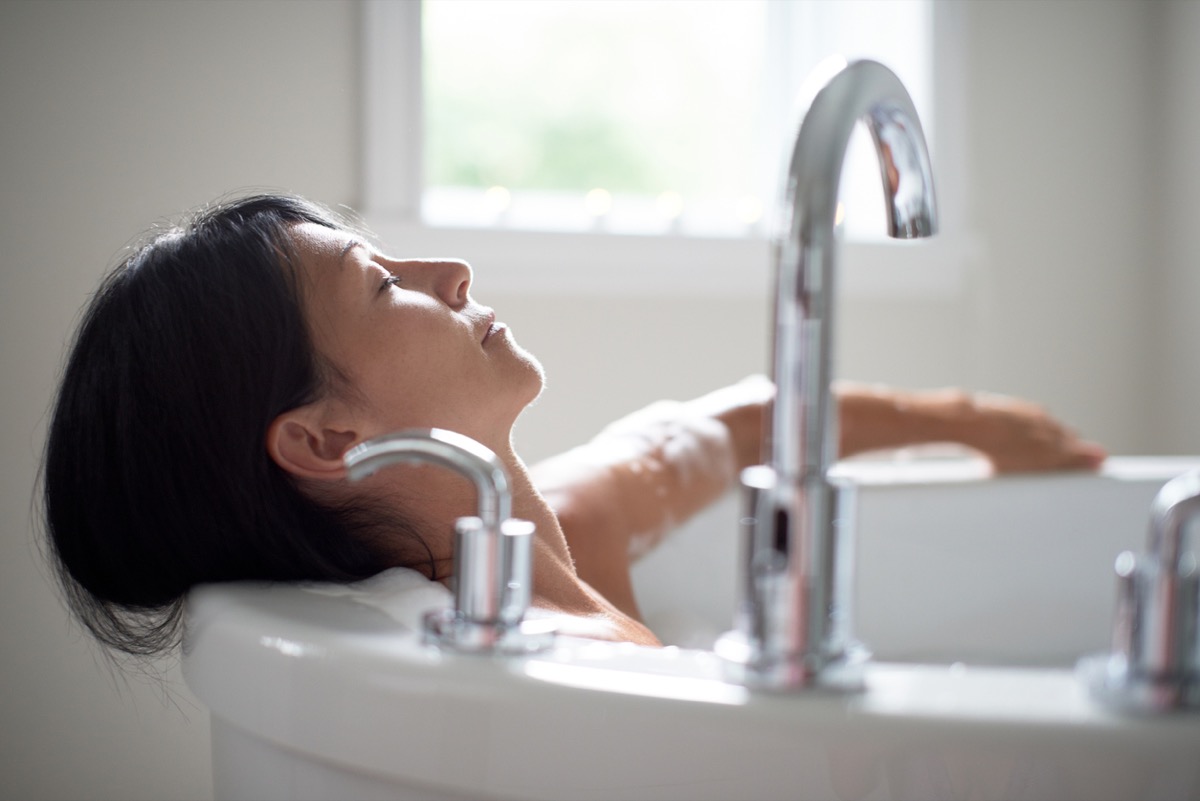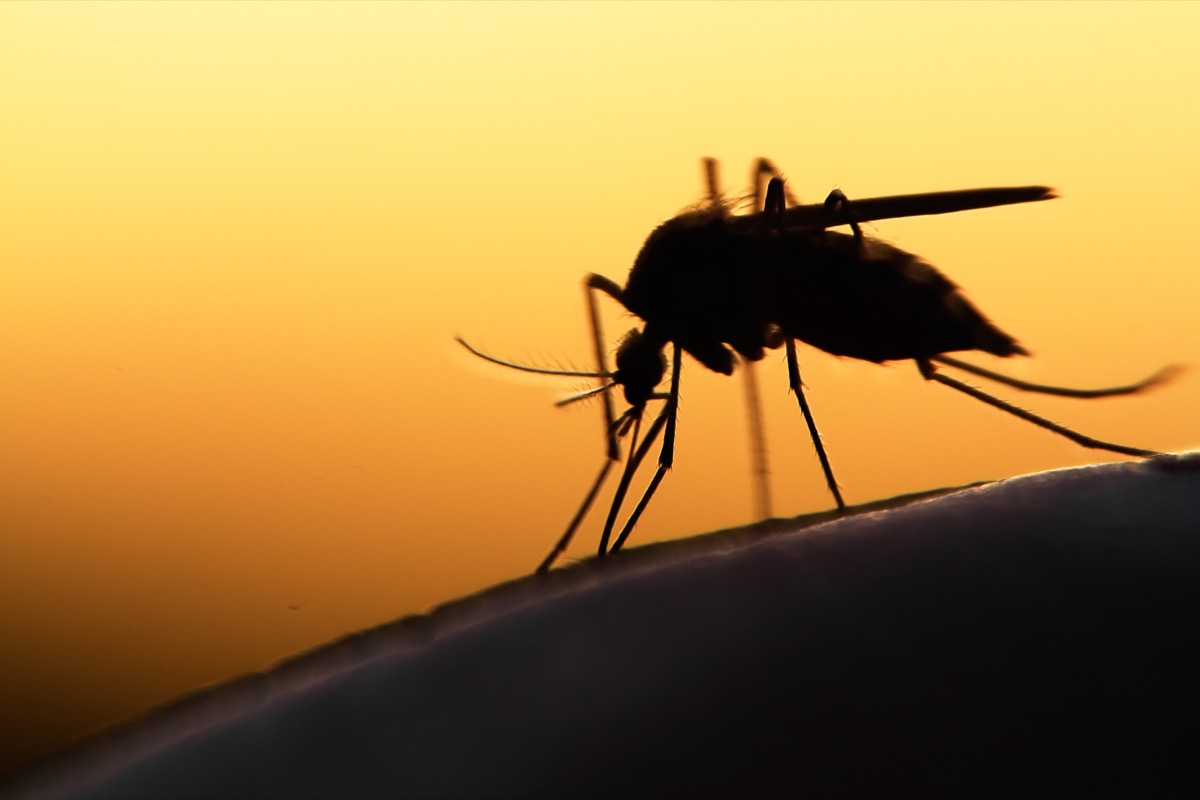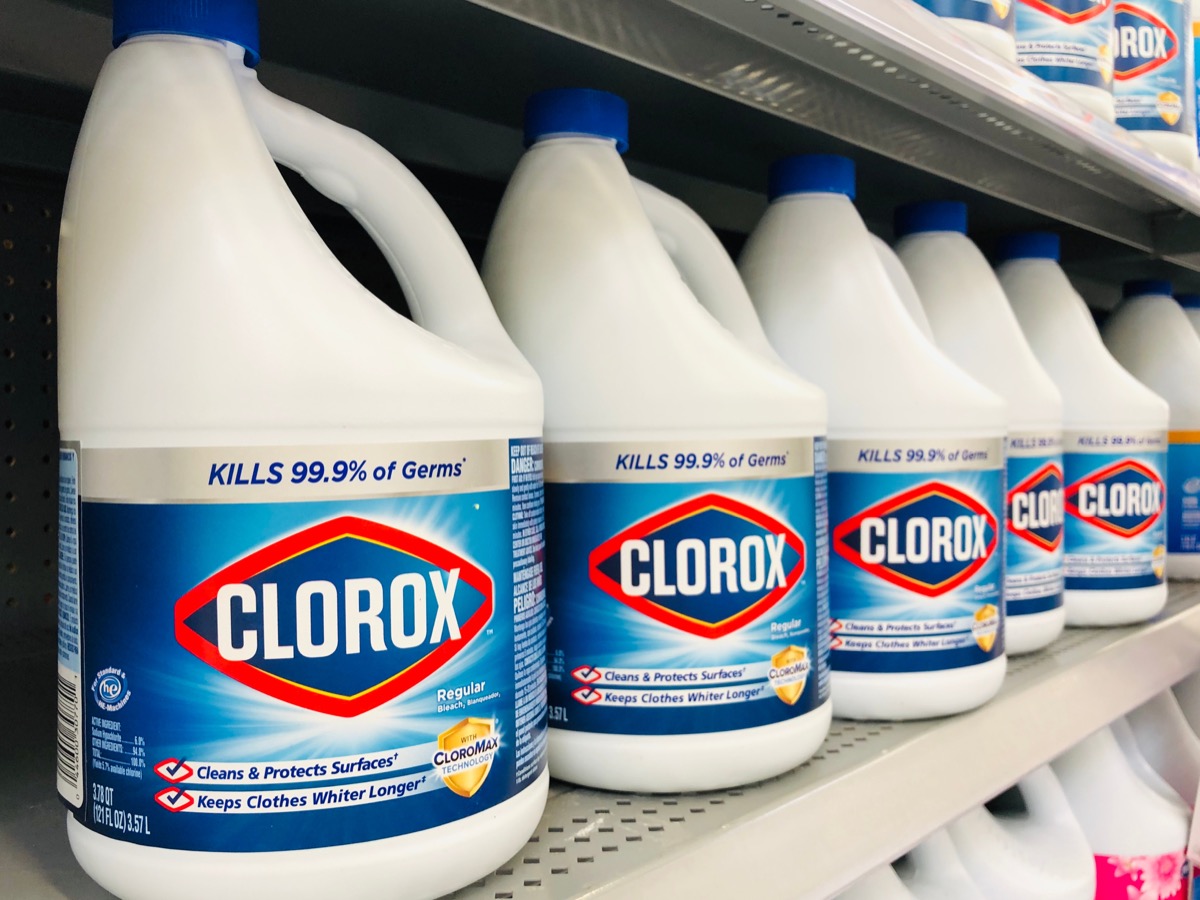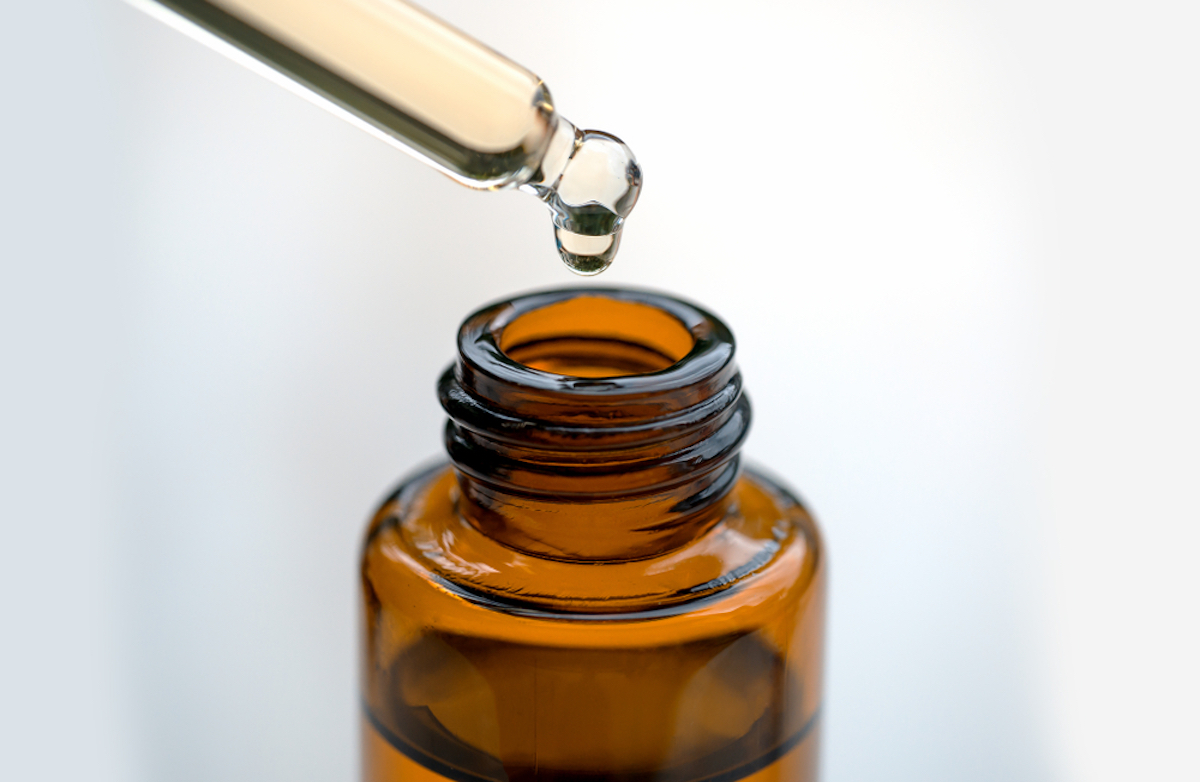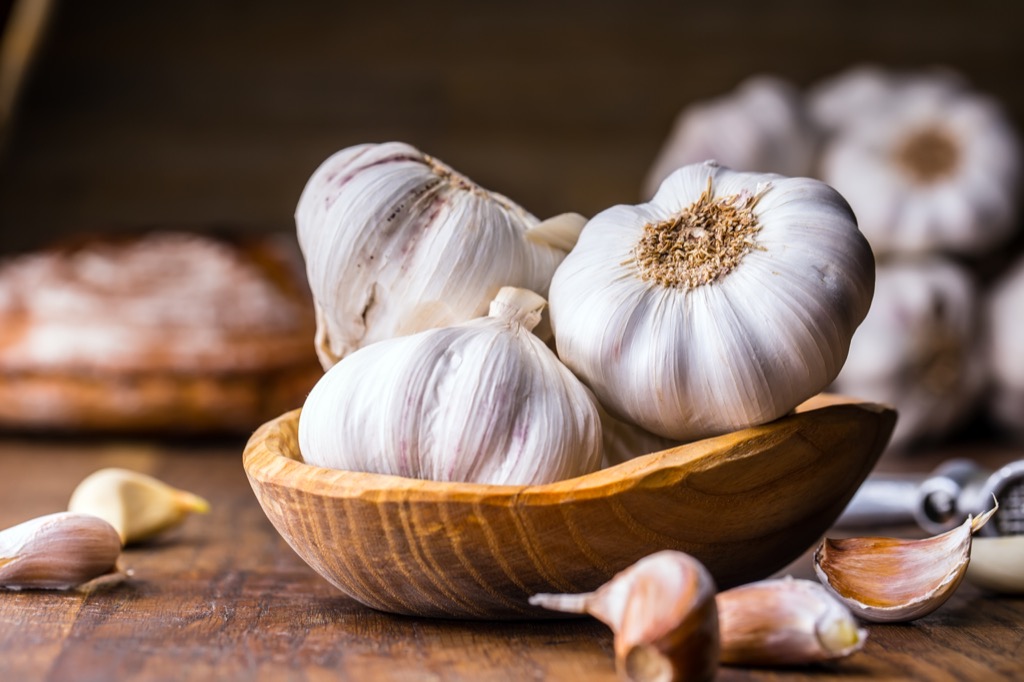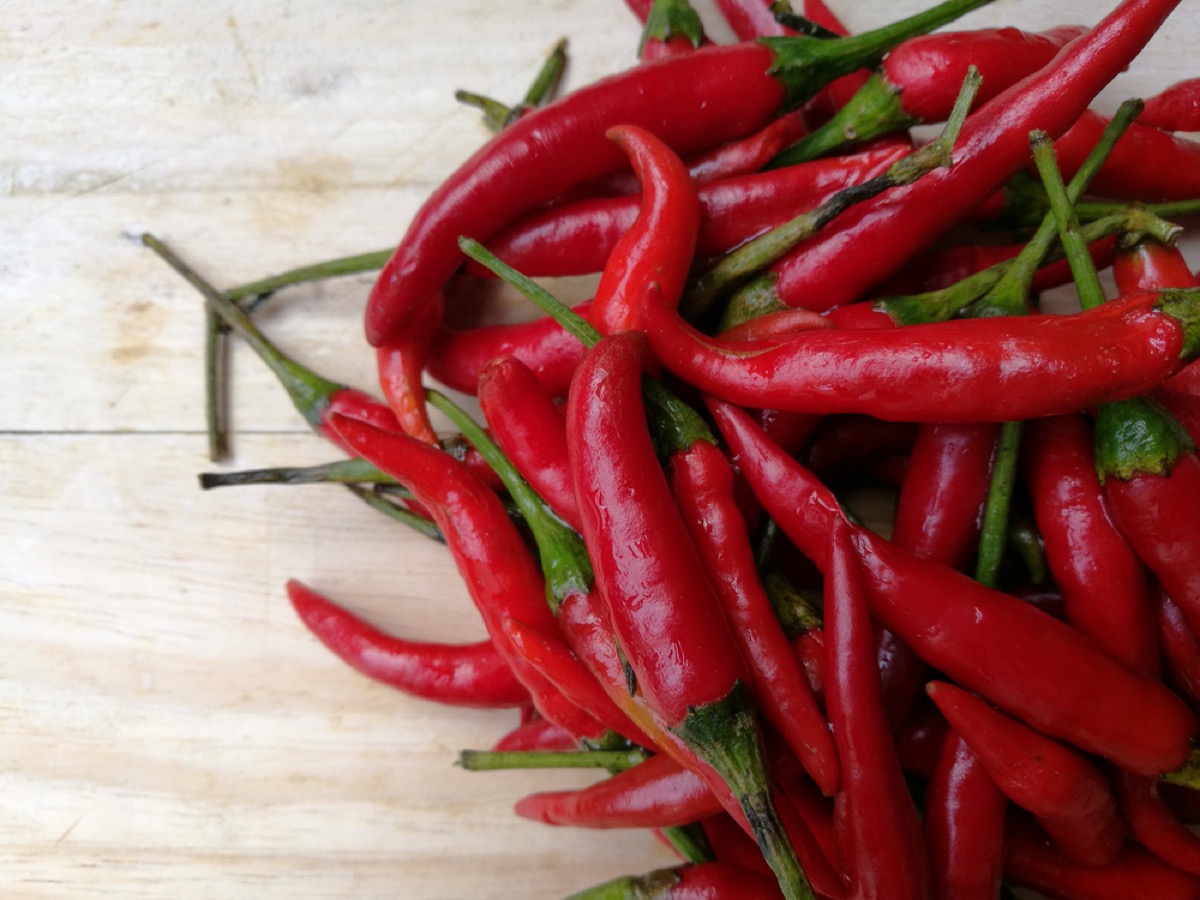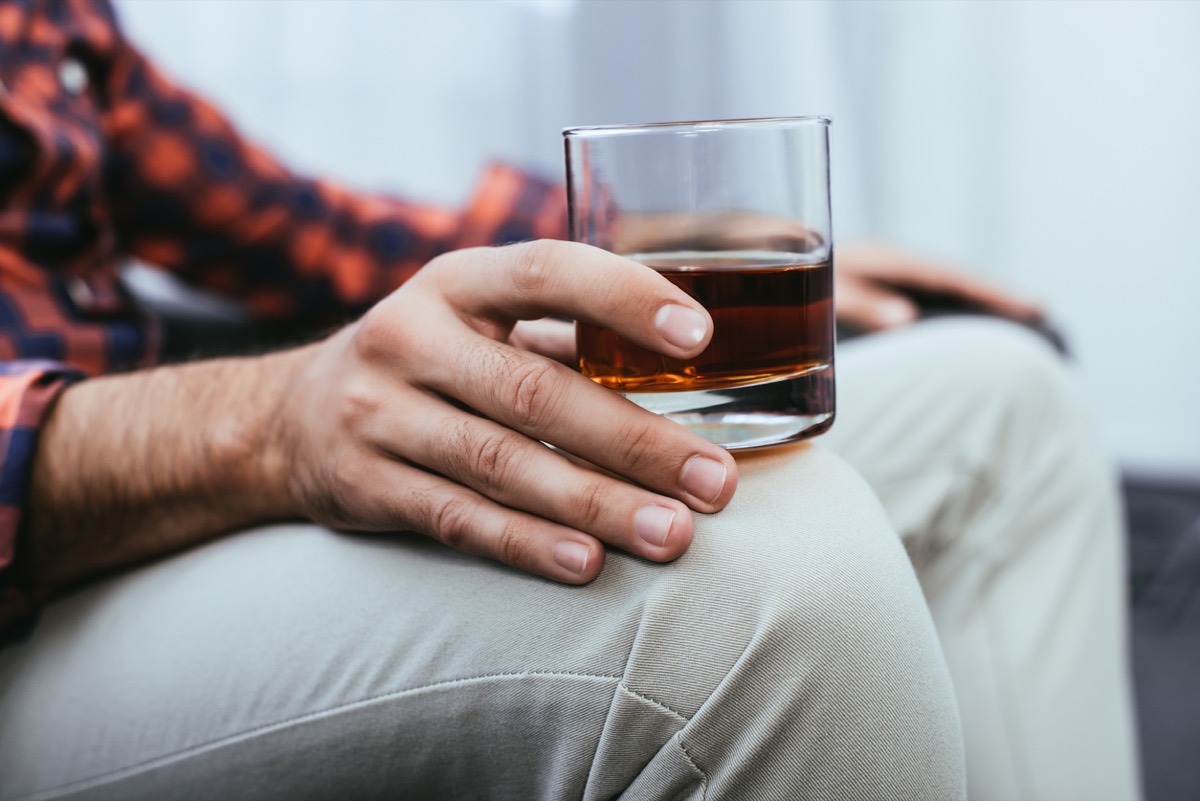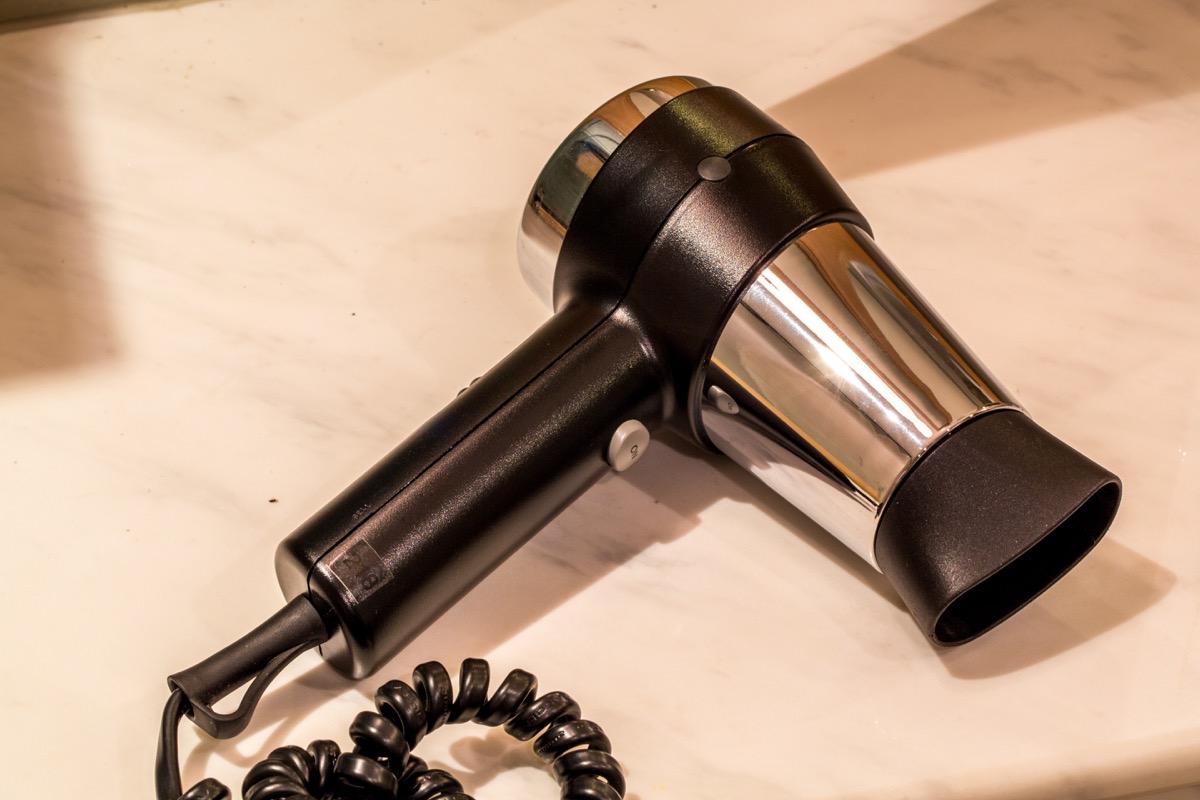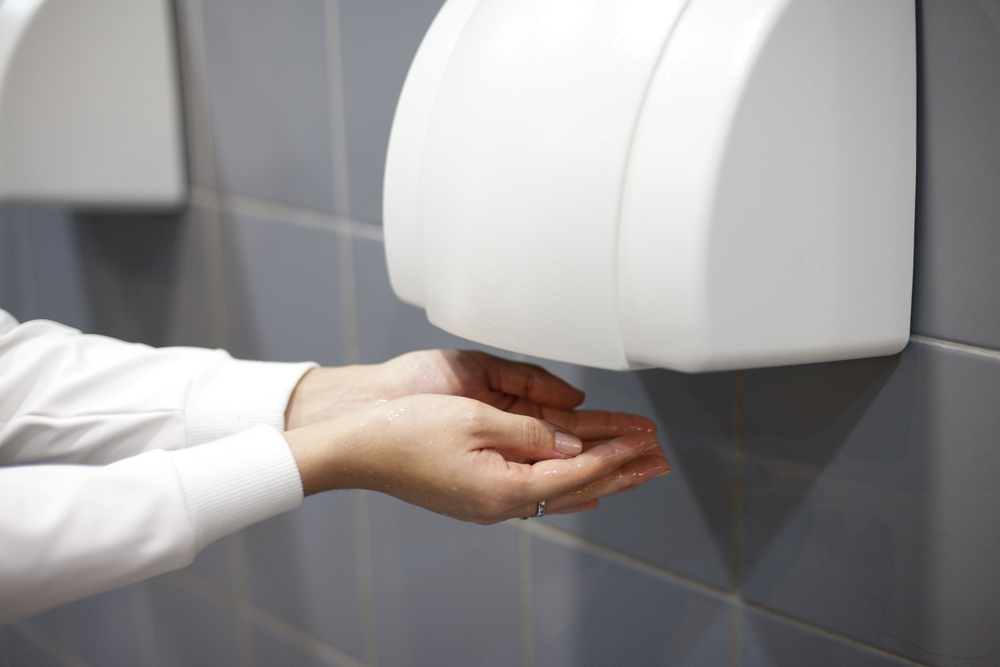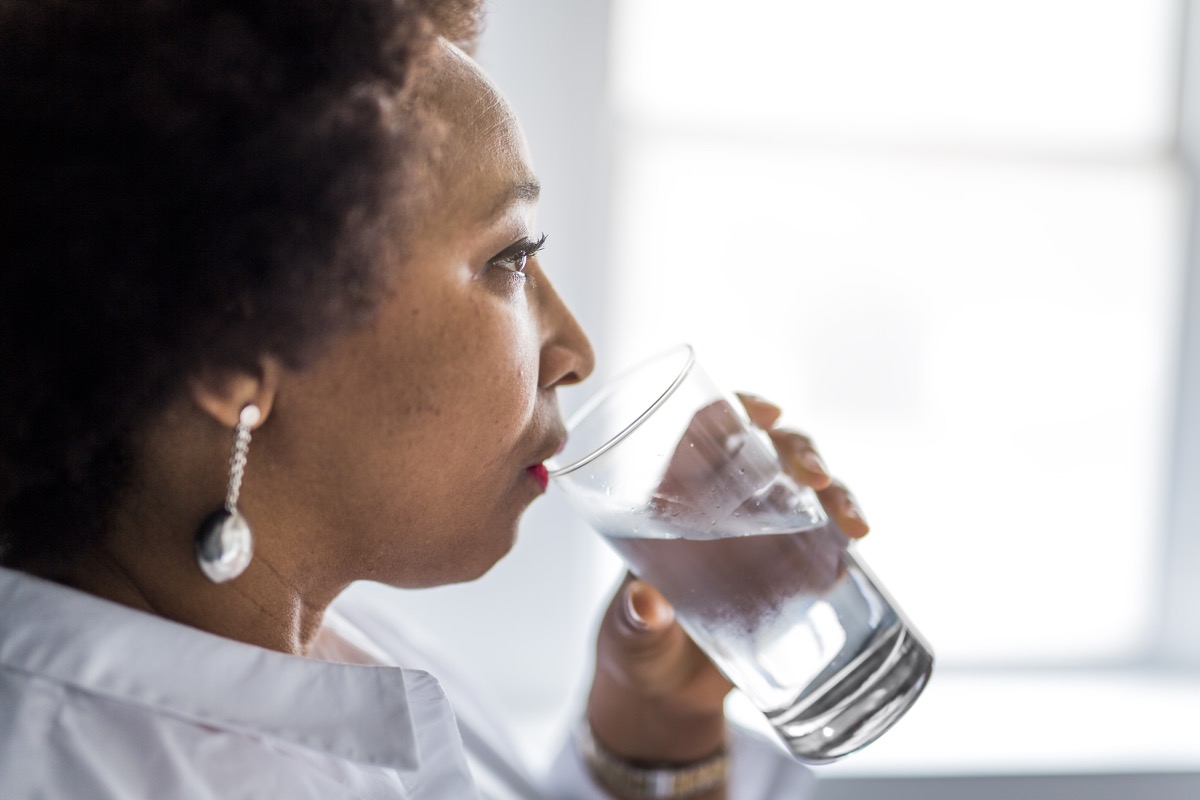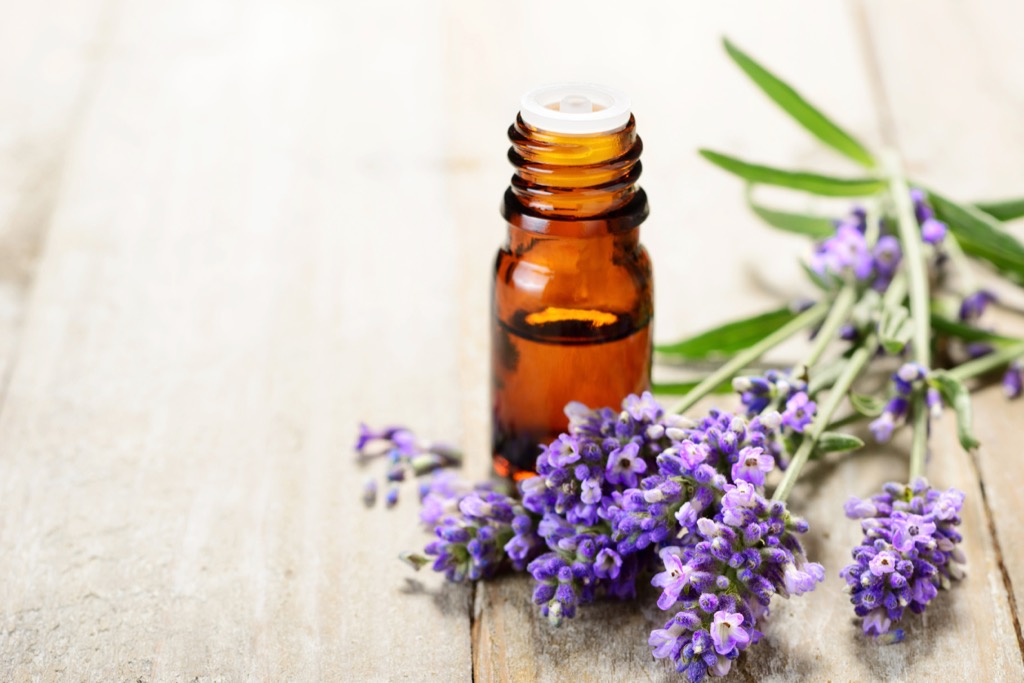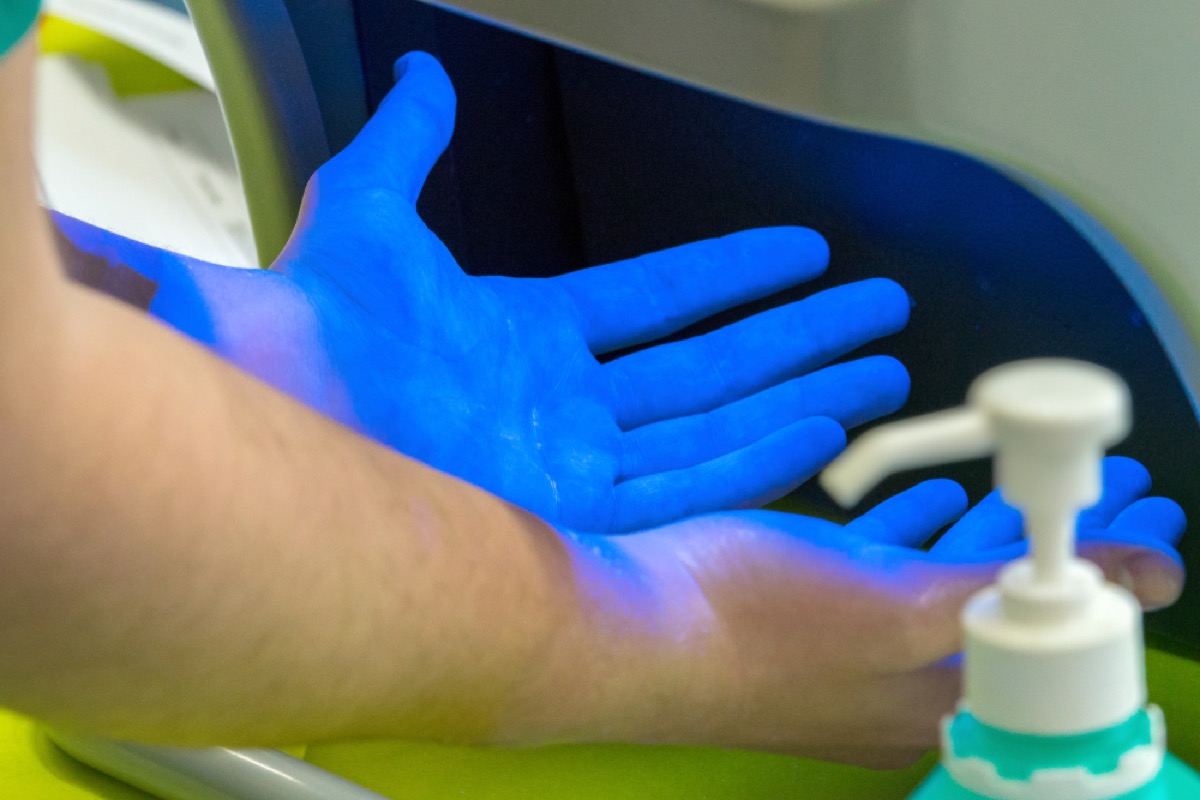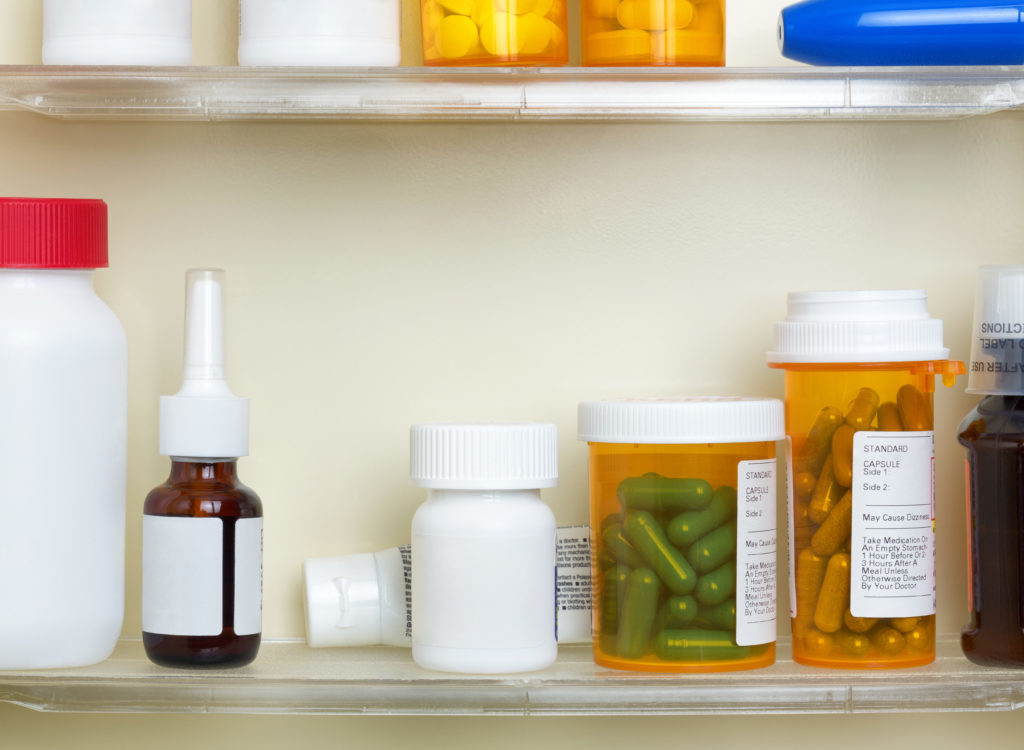Wearing a face mask for an extended period of time may be uncomfortable, but it will not inhibit your breathing. Face masks do not cause oxygen deficiency or carbon dioxide intoxication, WHO explains. Reports linking face mask use to hypoxia (oxygen deprivation) have been widely debunked. And for more mask myths to avoid, check out these 10 Myths About Face Masks You Need to Know. Thermal scanners are useful tools in that they can spot a fever, but that doesn’t mean they can actually detect coronavirus. As WHO notes, there are many different reasons why a person could have a fever, so a high temperature is not proof of a COVID infection. More importantly, many people could be asymptomatic or pre-symptomatic, meaning a temperature check would not detect their infection. There is no COVID vaccine currently available. According to the experts at Johns Hopkins, “There is no vaccine for the new coronavirus right now. Scientists have already begun working on one, but developing a vaccine that is safe and effective in human beings will take many months.” As for when a coronavirus vaccine will be available, Anthony Fauci, MD, the head of National Institute of Allergies and Infectious Diseases (NIAID), is now cautiously optimistic that there will be a vaccine by the end of this year or early 2021. And for more vaccine myths, discover 5 Dangerous Myths About the Coronavirus Vaccine You Need to Stop Believing. Technology and cellphone signals are not linked to coronavirus, despite what you may have heard. “Viruses cannot travel on radio waves/mobile networks,” WHO states. “COVID-19 is spreading in many countries that do not have 5G mobile networks.” That said, it’s never a bad idea to clean your phone, which could be harboring germs. When you’re walking around all day, your shoes pick up all sorts of grime from the ground, so taking them off before walking around your home isn’t a bad idea. But the idea that shoes are an easy way to spread coronavirus is a common misconception. “The likelihood of COVID-19 being spread on shoes and infecting individuals is very low,” WHO says. And to clear up any other cleanliness misinformation, check out these 13 Cleaning Myths You Need to Stop Believing. Although this nifty saline trick can help soothe symptoms of the common cold, it does not prevent or cure the coronavirus, according to WHO. “Viruses will frequently lodge in areas deeper in the nose, such as the adenoids, where they cannot be reached with simply washing the nose,” Gary Linkov, MD, previously told Best Life. Yes, the disinfectant product is helpful when it comes to household cleaning, but Clorox wipes should not be applied to the skin. In fact, they could cause serious harm if they were to get in your eyes or mouth. “The wipes are meant to disinfect hard surfaces—they’re not meant to put on the skin because it can be harmful,” Eudene Harry, MD, the medical director for Oasis Wellness and Rejuvenation Center, previously told Best Life. In April, it was reported that there was a surge in people purchasing human breast milk due to the belief that it would help prevent COVID. But of course, that’s totally untrue. Dyan Hes, MD, founder of Gramercy Pediatrics, plainly told CBS News: “Do not buy breast milk to prevent COVID. That is not going to help you.” As those at Johns Hopkins plainly state, this myth is 100 percent false. “Viruses can change over time,” the experts continue. “Occasionally, a disease outbreak happens when a virus that is common in an animal such as a pig, bat, or bird undergoes changes and passes to humans. This is likely how the new coronavirus came to be.” And for more up-to-date information, sign up for our daily newsletter. Despite what you may have seen on social media, being able to hold your breath for 10 seconds or more without coughing or feeling discomfort does not mean you don’t have COVID-19 or any other lung disease. According to WHO, “The best way to confirm if you have the virus producing COVID-19 disease is with a laboratory test. You cannot confirm it with this breathing exercise, which can even be dangerous.” COVID is mainly spread through liquid droplets. So while it’s technically possible that a product ordered from China could house a virus-infected bit of liquid, the odds of that happening are almost impossible. “I don’t think we need to get completely obsessed about packages that come in, because those types of surfaces… the virus might live there for a very short time,” Fauci told Trevor Noah on a March episode of The Daily Show. “But people say, ‘Should I get a package from a grocery store that says “Made in China”?’ I wouldn’t worry about that. That’s not the issue.” But with outbreaks occurring in several countries and across the U.S., what about packages from other arrival points? Coronavirus infection from mail is still a long shot. As the Centers for Disease Control and Prevention (CDC) notes, “Although the virus can survive for a short period on some surfaces, it is unlikely to be spread from domestic or international mail, products or packaging.” According to WHO, “There is no reason to believe that cold weather can kill the new coronavirus or other diseases.” And they also note, “you can catch COVID-19, no matter how sunny or hot the weather is.” While many people hoped that summer would bring about an end to the pandemic—given that it usually marks the end of flu season—temperatures never get anywhere near hot enough to kill coronavirus. There is little evidence to suggest a warmer season has any effect on the spread of COVID at all, though the use of air conditioning amid the heat may actually make things worse. There may be relaxing benefits to a hot bath, but it won’t keep you from contracting coronavirus. “Taking a hot bath will not prevent you from catching COVID-19,” WHO asserts. “Your normal body temperature remains around 36.5°C to 37°C, regardless of the temperature of your bath or shower.” And again, that’s nowhere near the temperature it would take to kill the virus—56°C, which would seriously burn you. While there has been some research into the question of whether or not mosquitoes can spread coronavirus, there is no evidence to suggest that COVID can be spread that way, according to WHO. “The new coronavirus is a respiratory virus which spreads primarily through droplets generated when an infected person coughs or sneezes, or through droplets of saliva or discharge from the nose,” the experts note. Drinking bleach may sound absurd to some, but there are those who believe it can cure the coronavirus. In fact, enough people were buying into this alleged “cure” that the Food and Drug Administration (FDA) has warned against the practice in an official statement. “Drinking any of these chlorine dioxide products can cause nausea, vomiting, diarrhea, and symptoms of severe dehydration,” they explained. “Some product labels claim that vomiting and diarrhea are common after ingesting the product. They even maintain that such reactions are evidence that the product is working. That claim is false.” In February, a natural health expert appeared on televangelist Jim Bakker’s show and claimed that colloidal silver can kill bacteria and viruses within 12 hours. Though the “expert” admitted colloidal silver hadn’t been tested on COVID-19 yet, the rumor caught on. In truth, “colloidal silver can be dangerous to your health,” according to the National Center for Complementary and Integrative Health (NCCIH). As a result, the state of Missouri filed a lawsuit against Bakker and his production company for advertising colloidal silver as a false cure for the coronavirus. In March, a message went viral on social media that suggested that boiling garlic in water could “cure” the coronavirus. But, according to WHO, “Garlic is a healthy food that may have some antimicrobial properties. However, there is no evidence from the current outbreak that eating garlic has protected people from the new coronavirus.” Facebook caught on and tagged the post with the following statement: “The primary claims in the information are factually inaccurate.” Sadly, there isn’t anything you can add to your diet—whether chemical or natural—that will keep you from getting sick with coronavirus, or make it go away any faster. As WHO says, “Hot peppers in your food, though very tasty, cannot prevent or cure COVID-19.” Some people believe that drinking alcohol will prevent them from contracting coronavirus—so many, in fact, that WHO had to address it and debunk the myth. It turns out, the opposite could be true: “A glass of wine seems fine, but repeated rounds—especially of hard liquor—or increased alcohol use over days or weeks might suppress immune responses or lead to a greater susceptibility to pneumonia,” according to Johns Hopkins Bloomberg School of Public Health’s Global Health Now. There are some people who believe that aiming a hairdryer up your nose will cure you of COVID. In fact, Florida politician Bryant Culpepper went so far as to brag about his background as a paramedic when he publicly promoted this “cure” that he saw “one of the foremost doctors who has studied the coronavirus” reveal on cable TV. The belief is that the hot air travels up into your nostrils and kills the contagion. But, as you likely already assumed, this “cure” is just a bunch of hot air. Hairdryers are good for drying hair, not curing or preventing coronavirus. Just like hairdryers don’t kill COVID-19, hand dryers don’t either. WHO plainly states: “Hand dryers are not effective in killing” coronavirus. Washing your hands regularly, however, is a definite must, and drying them thoroughly is essential.ae0fcc31ae342fd3a1346ebb1f342fcb Drinking lots of water through the course of the day is good for you, but will it help you avoid coronavirus? Nope. A frequently shared meme on Facebook and Twitter cites an unnamed Japanese doctor who claims drinking water every 15 minutes washes any virus down the esophagus so it can’t get into your lungs. Turns out, this isn’t true at all. Sure, it’s good to hydrate, but it won’t keep the COVID contagion away. Nope, essential oils do not prevent coronavirus either. But that hasn’t stopped a few companies from trying to sell their products as such. The FDA called out Idaho-based company Herbal Amy for selling “unapproved and misbranded products related to coronavirus disease.” Whether it’s traditional Chinese herbs or CBD/hemp related supplements, there is currently zero evidence that herb consumption will do anything to fight or cure coronavirus. Again, WHO warns, this is yet another coronavirus myth. “UV lamps should not be used to sterilize hands or other areas of skin as UV radiation can cause skin irritation,” they note. The malaria drug hydroxychloroquine has been touted by many as a miracle treatment for coronavirus, but the evidence of its efficacy is mixed, and the FDA currently cautions against the use of the drug for COVID patients outside of a hospital setting or clinical trial. The FDA notes that the drug’s side effects can include heart rhythm problems and liver failure.
